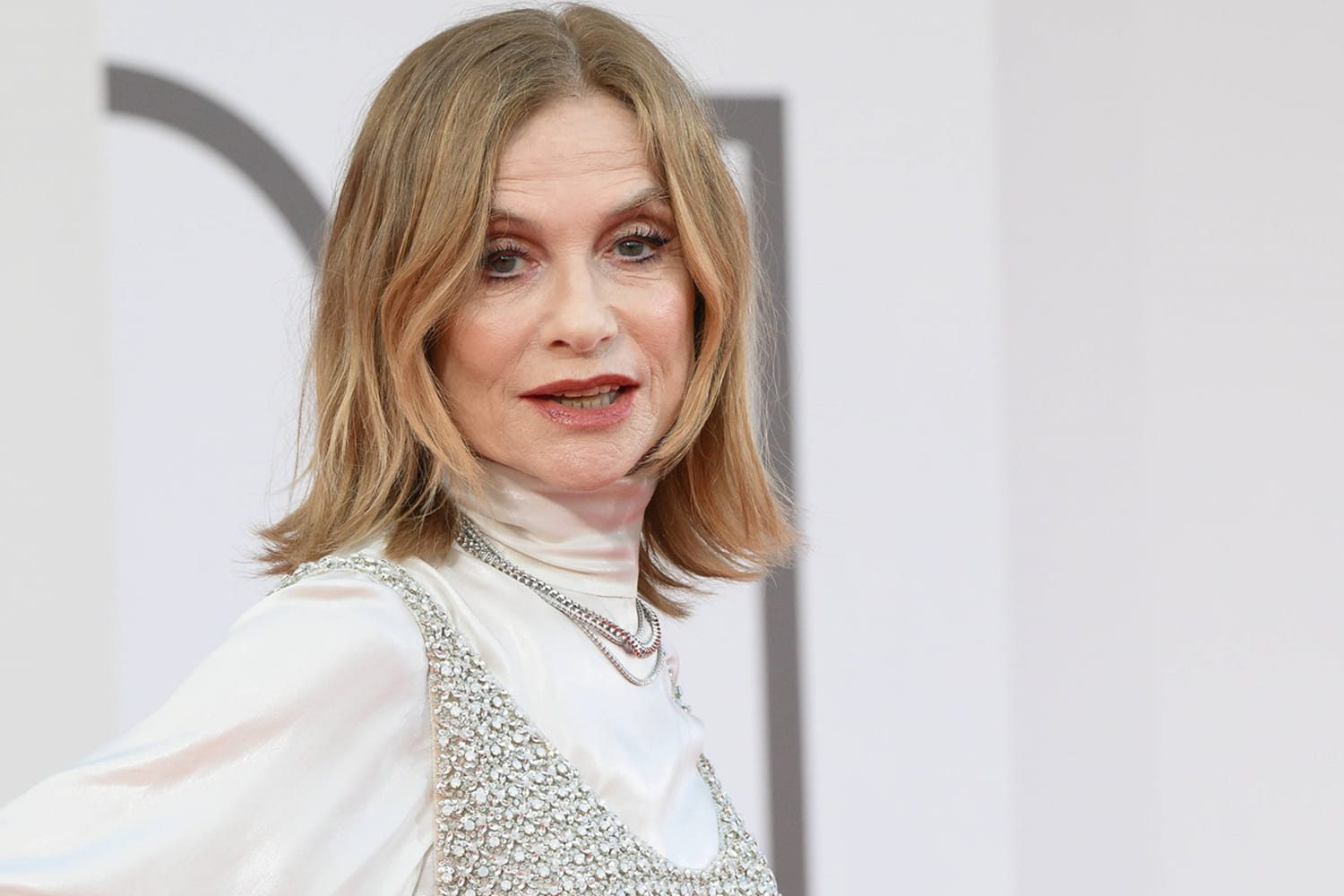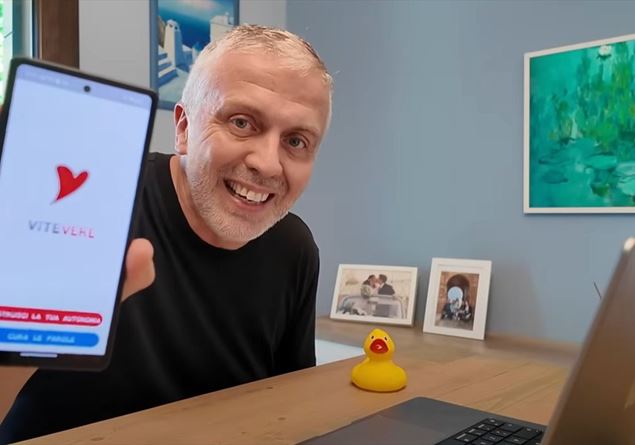When Guido Marangoni55 years old, writer, comedian and computer engineer received the news was night (due to the time zone with the US). He clearly thought it was a joke. He waited for the morning to understand and discover that Google’s email said exactly what he meant. His app Real screw He had received an important recognition. It is important not only, as it will later discover also economically, but above all because it rewards an invaluable principle, support and promote any human life. Even those that are too many times forgotten.
What did you start to develop from?
«The idea was born thanks to a global developer competition, in which an app had to be created using Google’s artificial intelligence, without constraints on the topic. I had long had the desire to achieve something that showed how the AI can be used for the common good and that could be useful in the autonomy path of my daughter Anna and many other boys. I wanted to combine my personal experience with the desire to create a positive impact ».
In addition, the app connects to the project of the Vere Cooperative …
«I wanted it to be more than a simple technological tool, but that he had a concrete link with a social reality. The Vite Cooperative Vere di Padova works precisely for the autonomy of people with disabilities, so it was natural to connect it to this project. The goal is also to give visibility to their work and support their initiatives “.
What effect did it make you find that it was the “most voted in the world”?
“It was a great emotion, almost surreal! When I received the call from San Francisco I couldn’t believe it. Then Google wanted to tell my story and that of the app with a professional video, and this gave even more value to recognition. My daughter Francesca joked saying that I had won the only prize “without money”, because initially they had told me that it had been “simply” the most voted project (in the world). Shortly afterwards I discovered I also won the “Most Impactful App” award, that is, the most impactful app on people’s lives, with an economic recognition of $ 300,000, which will be very useful to make it grow “.
We are only at the beginning, what do you see in the future?
«My dream is that the app becomes a concrete tool that accompanies and supports the educational and autonomy paths of people with disabilities. I don’t want me to be perceived as a “magic wand”, but as a support that enhances the work of educators, families and cooperatives. I would like to evolve into a platform capable of collecting and sharing good practices on a national scale, creating a collaboration network between those who work in the social “.
What are the main challenges you are facing now?
“The biggest challenge is to make the app sustainable from an economic and technical point of view, because the use of artificial intelligence involves important costs. I am evaluating several roads, such as the integration of a business model or the search for partners and funding. In parallel, I want to keep the social soul of the project and make it grow so that it always remains close to people’s needs, without transforming itself into something purely commercial. And then there is another aspect that is close to my heart … ».
Which?
«I think we are still talking too little about the self -determination of people with cognitive disabilities. Often we focus only on difficulties or on the limits, while the tools that favor their ability to make autonomous choices and cars managed in everyday life should be deepened and enhanced. But technological research in this sense is still very lacking, unlike that concerning physical disability. Instead it is an important theme that also involves culture and education, and that can make the difference in the way these people are accompanied towards a true autonomy. Precisely for this reason in the team and in the collaborations I am activating, to put the app in production and make it grow, there are also people with intellectual disabilities who, with their collaboration and advice, are truly precious ».








